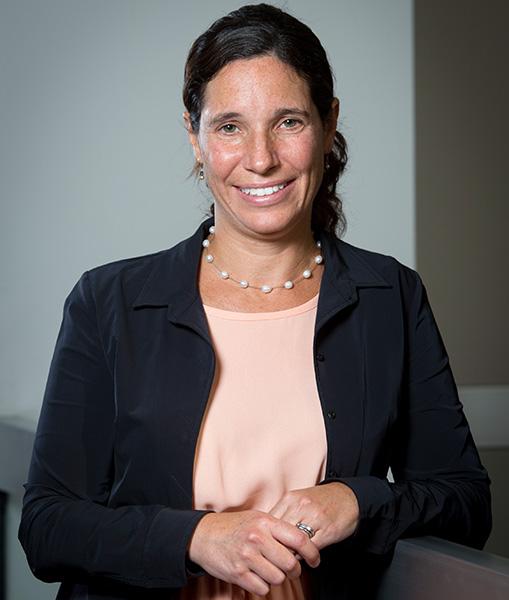It pays to be well rounded
In the last several years, specialization has become the new mantra at business schools, with students pursuing increasingly narrow tracks of study in hopes of gaining an advantage in the job market.

New research from a professor at the A. B. Freeman School of Business, however, suggests that some highly specialized students may not be getting the advantage they’re hoping for.
Jennifer Merluzzi, assistant professor of management at the Freeman School and co-author of the study, says graduates of elite MBA programs who specialize receive lower starting-bonus compensation and are less likely to receive multiple job offers than graduates with more diverse resumes.
“People think that if they can demonstrate an expertise in something, it’s going to be rewarded, but we actually found the opposite,” Merluzzi says. “The people who were more focused were actually being penalized.”
For the study, Merluzzi and co-author Damon Phillips, professor of management at Columbia University, tracked two cohorts of recent graduates from a top-ranked MBA program. All graduates tended to earn similar base compensation for similar jobs, but the graduates who opted to specialize in terms of academic concentration, extracurriculars and summer internships received smaller bonuses and were less likely to receive multiple job offers than their less-focused peers. Specialized investment banking candidates, for example, earned on average $23,000 less in bonus compensation than candidates who had no exposure to investment banking before or during their MBA studies.
While the paper focused exclusively on investment banking to test the theory, Merluzzi says she and Phillips found evidence of the specialist disadvantage in marketing and corporate finance as well. They also found no individual differences in quality among the candidates that could explain the specialization discount.
So are all MBAs penalized for choosing to specialize? Not exactly. Merluzzi says the discount is more a function of the market – in this case, the market for top-tier MBA graduates focusing in investment banking.
“It’s just basic supply and demand,” she says. “If there’s a market where specialization is rare, it’s going to be more valued. But with the market for top MBA graduates, where the focus is on creating really specialized resumes, specialization becomes commodified and the person who shows accomplishment across a lot of areas then becomes more unusual and more valuable to hiring firms who deem these candidates as offering more.”
That’s not to say that specialization can never be beneficial. In cases where employers lack knowledge about a candidate’s abilities or in industries where specialists are rare, Merluzzi says having a highly focused resume can be an advantage.
“It’s not that all specialization is good or bad,” she says. “You’ve just got to figure out what the best strategy is for where you’re trying to go.”
Merluzzi and Phillips’ paper, “The Specialist Discount: Negative Returns for MBAs with Focused Profiles in Investment Banking,” was published in Administrative Science Quarterly in September 2015.
Interested in advancing your education and/or career? Learn more about Freeman’s wide range of graduate and undergraduate programs. Find the right program for you.
Other Related Articles
- Harvard Business Review: Why AI Boosts Creativity for Some Employees but Not Others
- Forbes: How To Talk Politics With Family Over The Holiday
- AI-powered fund takes top prize in Aaron Selber Jr. Hedge Fund Course
- De Franco appointed Keehn Berry Chair of Banking and Finance
- The Wall Street Journal: For Trump, the Warner Megadeal Talks Are All About CNN
- Research Notes: Matthew Higgins
- New Goldring Institute director hopes to expand international partnerships
- New study shows how personal profiles transform social media customer service
